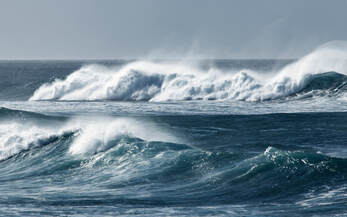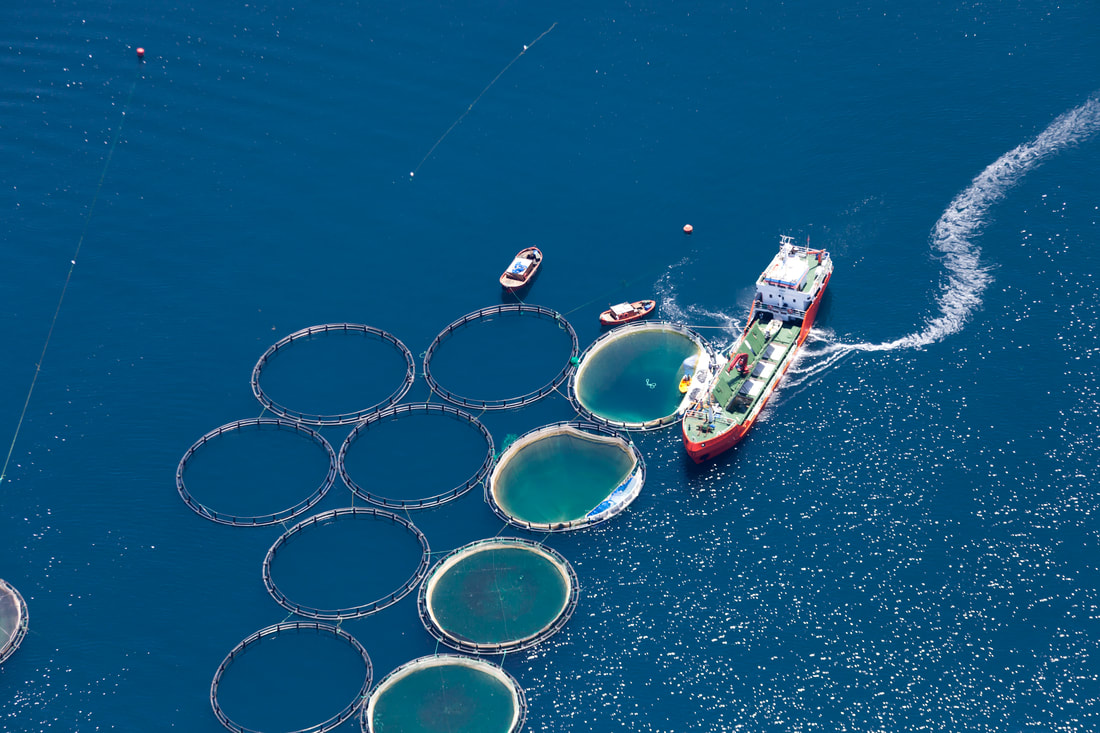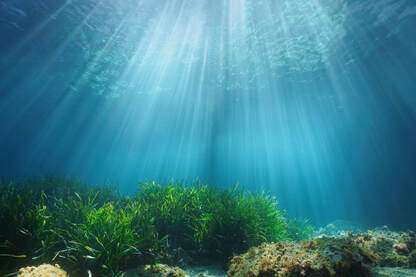AMEMR 2024 Themes
AMEMR welcomes all submissions that use modelling* approaches to better understand and predict marine ecosystems* and support marine sustainability. The conference will be organized into four over-arching themes: Ecosystems and cycles under change, Model mechanics, The Human Dimension, and Digital Innovation. Submissions that span themes will be both inevitable and welcome and there will be a “maverick” theme for submissions that don’t otherwise have a home.
(*in the broadest sense)
(*in the broadest sense)
Cross-cutting all of our themes is a consideration of both the key drivers of our work – climate, sustainable development goals, ocean decade goals and a long list of stakeholders, including Policy makers, Regulators, Indigenous peoples, Artisan users, Industry, the Public, Academia, Education and not least ourselves as marine modellers.
The following sub-themes are illustrative rather than comprehensive.
The following sub-themes are illustrative rather than comprehensive.
Theme 1: Ecosystems and cycles under change
How do our ecosystems and biogeochemical cycles respond to change, in particular climate warming and associated processes.
|
Theme 2: The Human Dimension
This theme covers the more direct interactions, needs and impacts of humans on the marine system
|
This session will include (but is not limited to):
|
Theme 3: Model Mechanics
This theme covers the processes and components that may (or may not) matter.
|
This session will cover topics such as:
|
Theme 4: Digital Innovation
How can we use new technologies effectively and responsibly to better understand and reduce uncertainty?
|
Suggested topics are:
|
Theme 5: Mavericks
For mavericks, free thinkers, and work that refuses to be categorized
|
In order not to exclude any interesting novel work we are convening a wild card session.
If you cannot see an obvious place for your work within the current themes please submit an abstract under the Maverick theme. |




